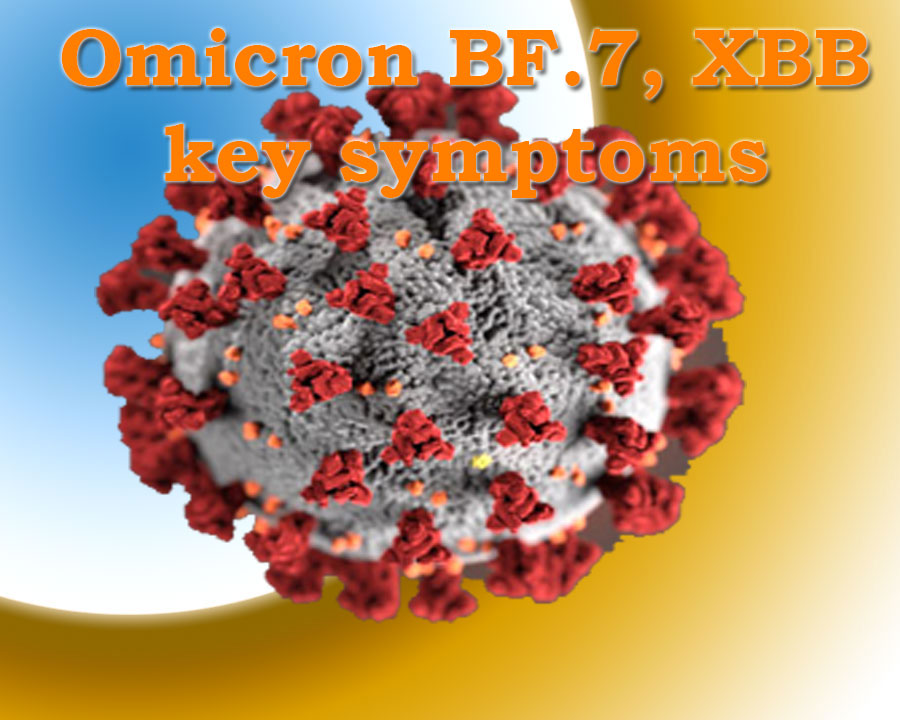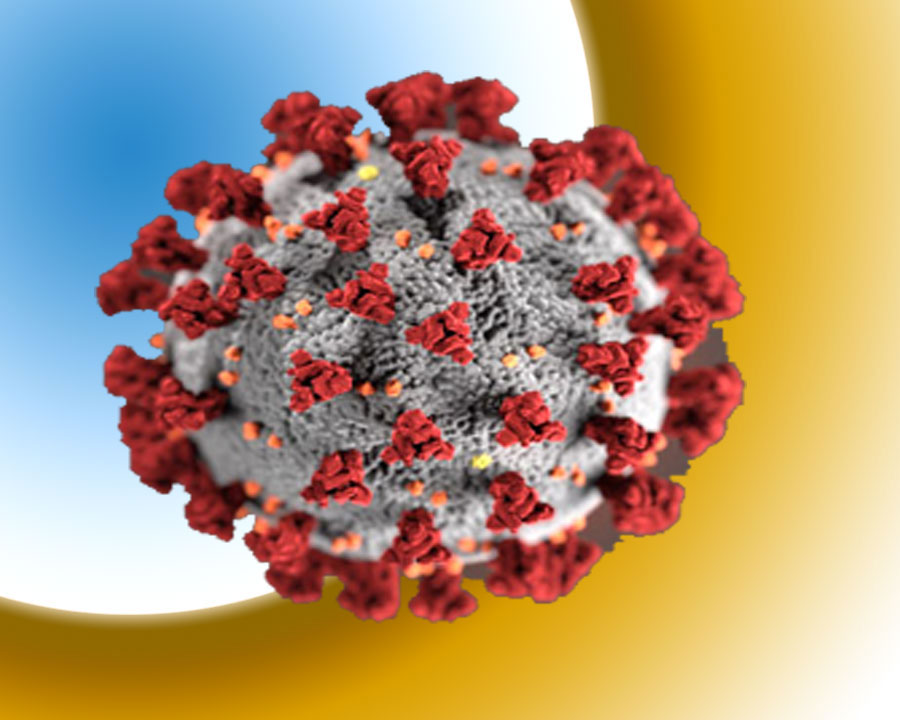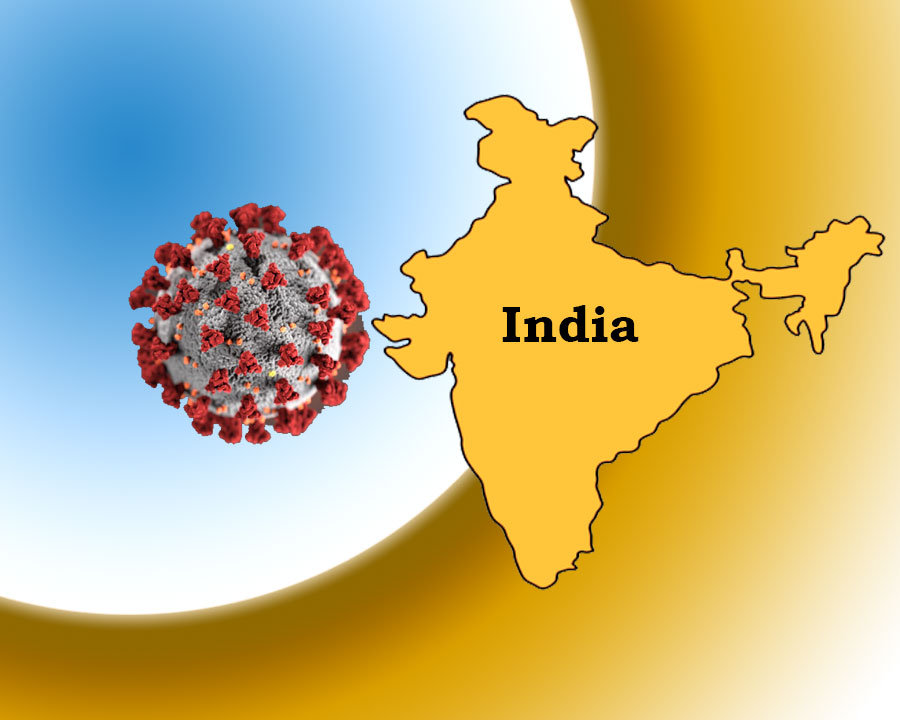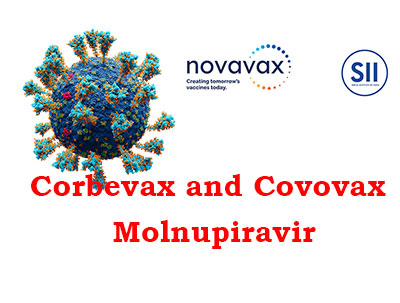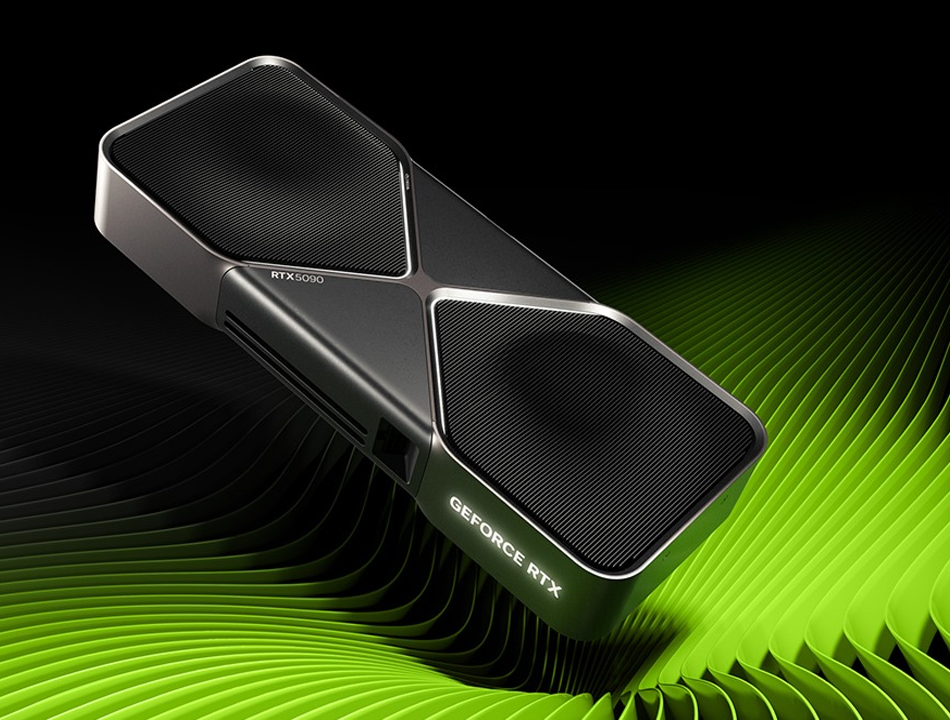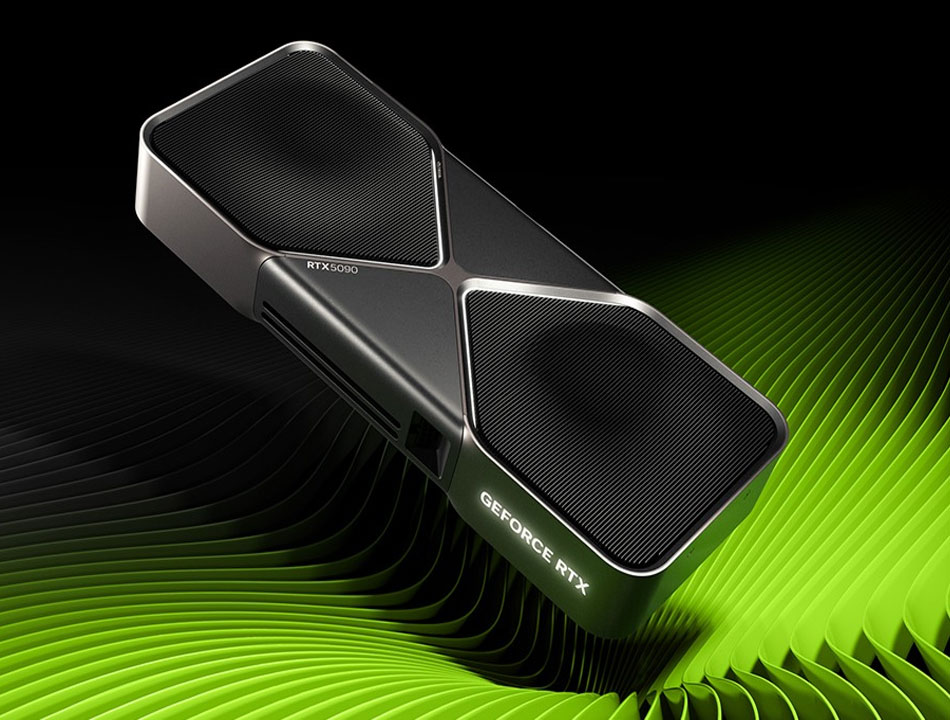
The oral drug molnupiravir, as well as the vaccines Corbevax and Covovax, have been approved in India for the treatment of Covid-19 patients. Looking at the science and efficacy of these, becomes important to know how well they can help in the fight against the pandemic, as we start another year.
The oral drug molnupiravir, as well as the vaccines Corbevax and Covovax, have been approved in India for the treatment of Covid-19 patients. Looking at the science and efficacy of these, becomes important to know how well they can help in the fight against the pandemic, as we start another year.
Corbevax, produced by Biological E in Hyderabad, is a protein subunit vaccine, which means it employs bits of the virus to elicit an immune response rather than the entire virus. The subunit vaccination in this case comprises a harmless S protein. When the immune system recognises a protein, antibodies are created to fight the infection if it occurs. Texas Children's Hospital Centre for Vaccine Development developed the antigenic portions of the virus, which were in-licensed from BCM Ventures (Baylor College of Medicine). Biological E wants to start producing 75 million doses per month in January and expects to reach 100 million doses per month by February.
At 33 research sites across India, Biological E has completed Phase III studies on over 3,000 participants. According to the report, neutralising Delta strain antibody titres "indicates a vaccine effectiveness of >80% for the prevention of symptomatic infections based on published studies." It's also run Phase III active comparator clinical trials to see if this vaccination is better than Covishield. “In the pivotal Phase III study conducted with an endpoint of immunogenic superiority, CORBEVAX demonstrated superior immune response in comparison with COVISHIELD vaccine when assessed for Neutralizing Antibody (nAb) Geometric Mean Titers (GMT) against the Ancestral-Wuhan strain and the globally dominant Delta variant,” the company said.
Molnupiravir, originally developed in conjunction with US companies Ridgeback Biotherapeutics and Merck to treat influenza, has been repurposed to treat Covid patients. It has been approved for the treatment of adult Covid-19 patients "who have a high risk of disease progression." It hinders the virus from replicating by injecting faults into its genetic coding. Molnupiravir is available as 200 mg pills; in India, 800 mg twice daily for 5 days is recommended. Dr. Reddy's, Natco, MSN, Hetero, Optimus, Aurobindo, Mylan, Cipla, Sun Pharma, Torrent, BDR, Stride, and Pune-based Emcure will all produce it. Sun Pharma has stated that it will be accessible within a week.
Molnupiravir was cleared by the UK's drug regulator on December 4 after it was deemed to be "safe and effective." Because it may impair bone and cartilage growth, the US (clearance on December 23) did not allow it to be used for more than five days in a row or in patients younger than 18 years old. In India, it is recommended that adult Covid patients with an oxygen level of > 93 percent and a high risk of disease development be treated, and that the medicine be sold exclusively by prescription at retail.
Covavax is a protein subunit vaccine made by the Serum Institute of India (SII), however, it uses recombinant nanoparticle technology. Novavax, a company based in the United States, created it. Insect cells are used to generate harmless copies of the spike protein, which is then removed and assembled into virus-like nanoparticles. Novavax has employed a substance that boosts the immune system (adjuvant). The HPV and Hepatitis B vaccines both employ the same technology. The Philippines FDA gave SII a licence to market the vaccine in the country on November 17. The vaccination was placed on the WHO's Emergency Use List on December 20.
The vaccine has been tested in two Phase 3 trials, according to SII: one in the United Kingdom, which showed 96.4 percent efficacy against the original virus strain, 86.3 percent against Alpha, and 89.7 percent overall efficacy; and the PREVENT-19 trial in the United States and Mexico, which showed 100 percent protection against moderate and severe disease and 90.4 percent overall efficacy.

